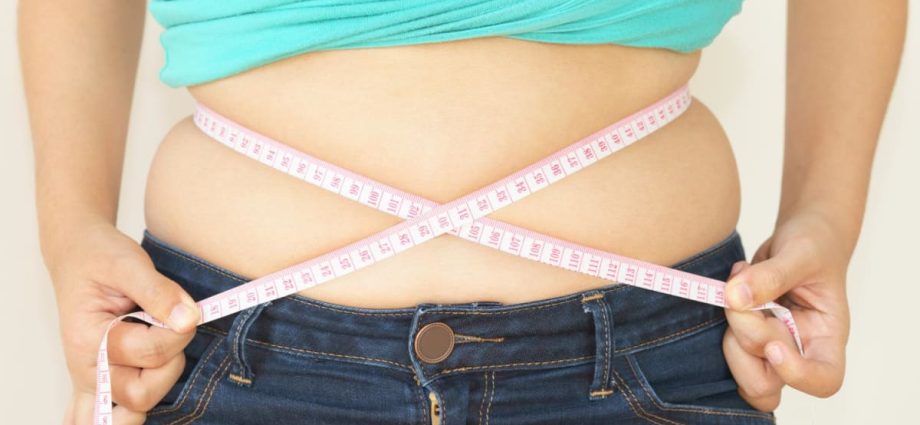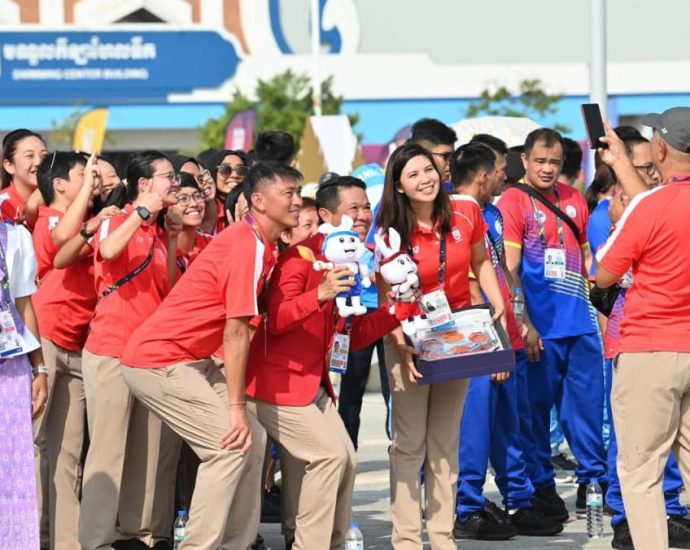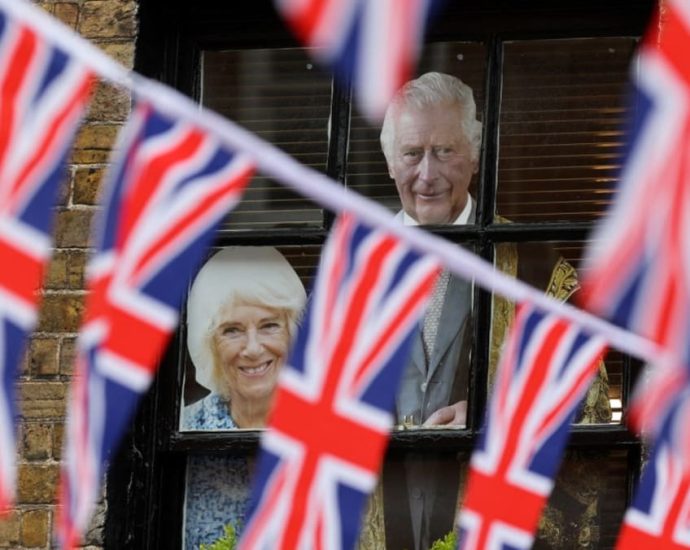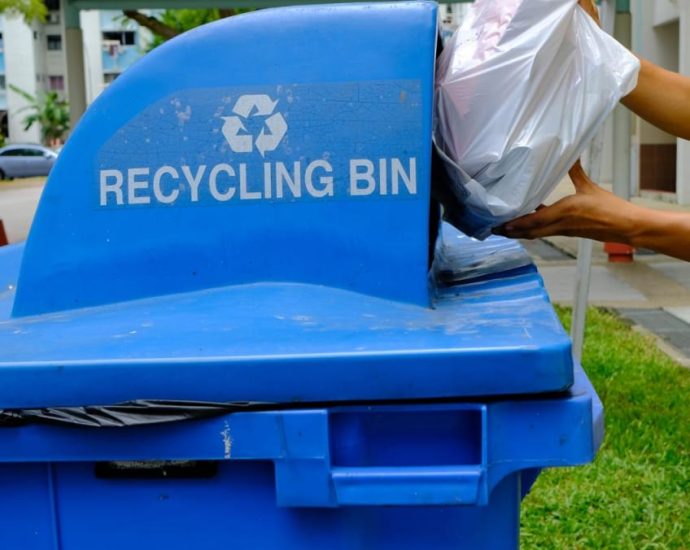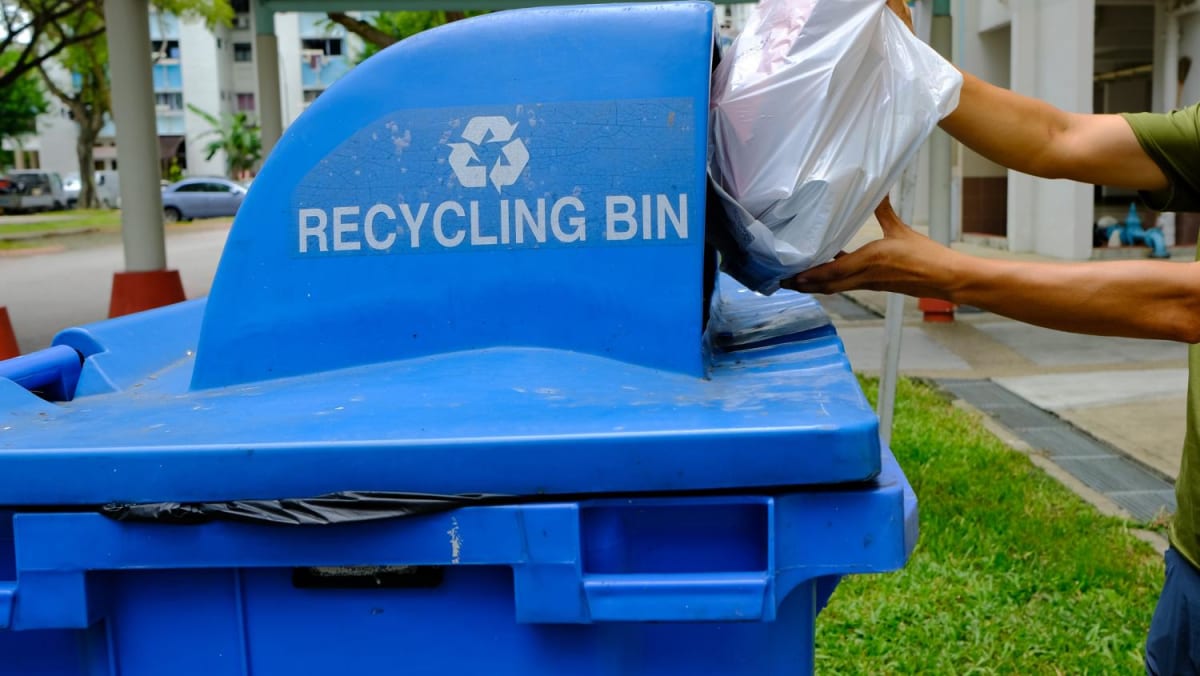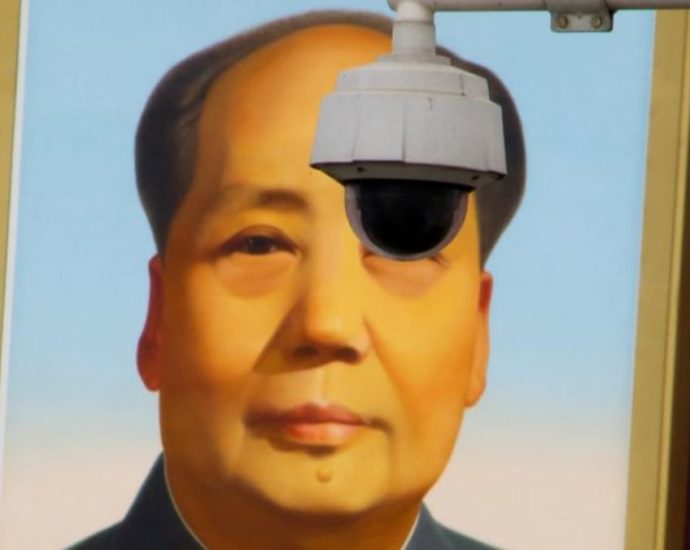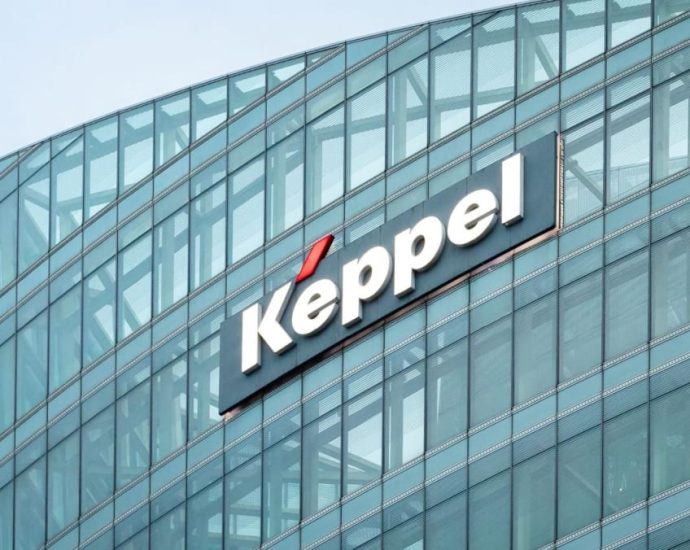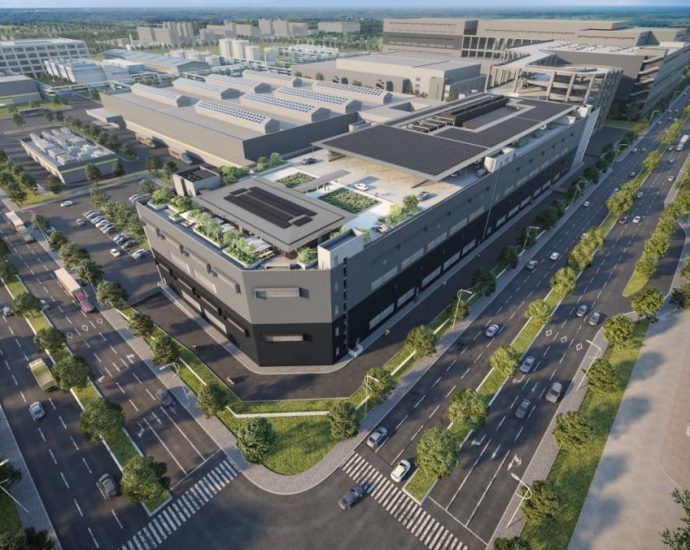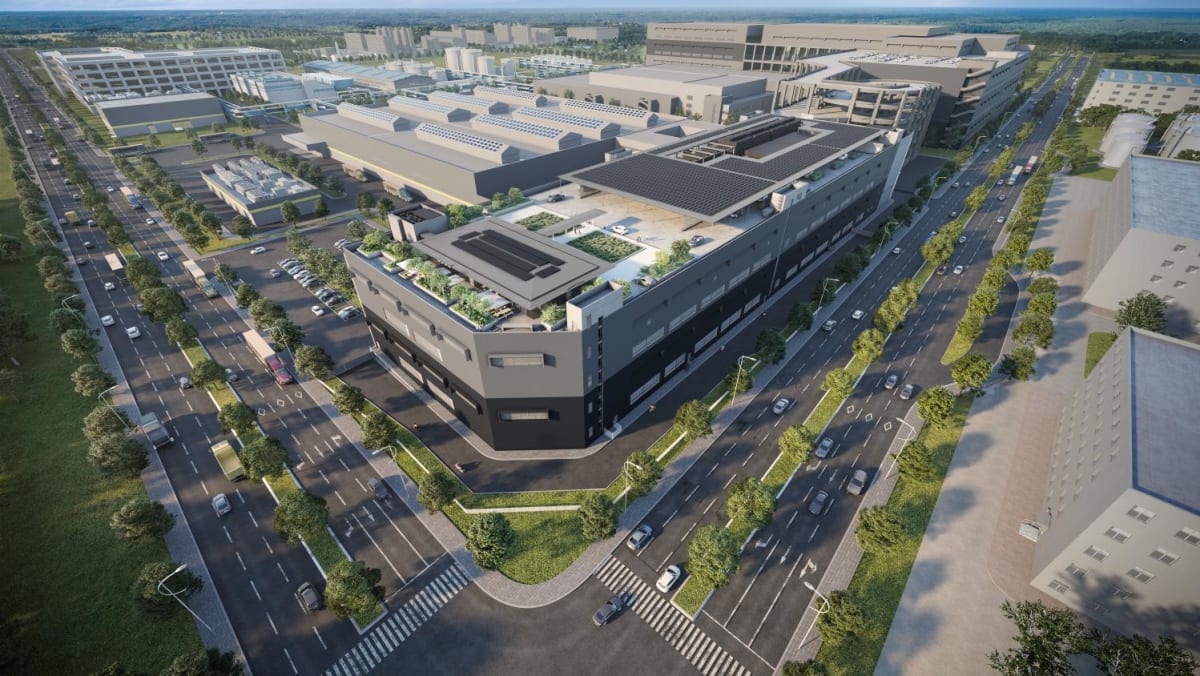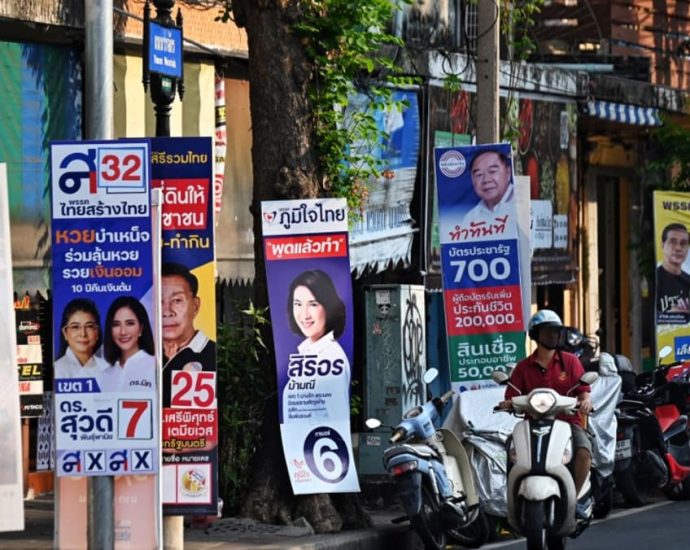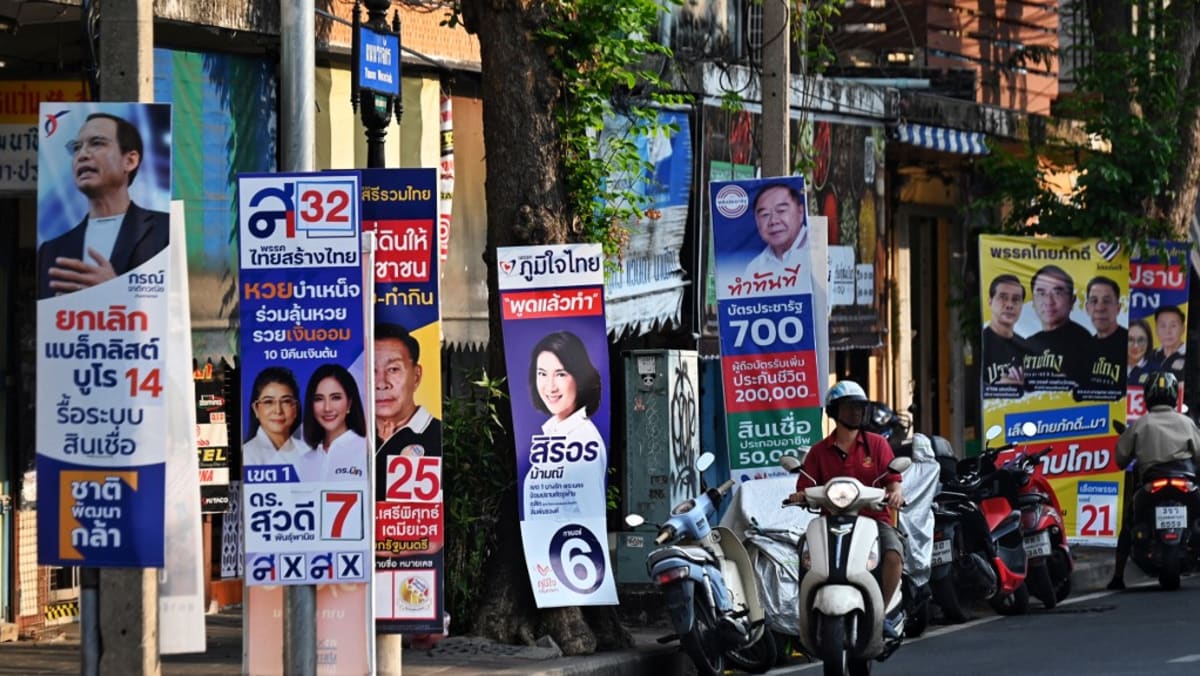Asians with excess visceral fat tend to have poorer memory, learning ability: NTU study
According to a recently published study by researchers from Nanyang Technological University( NTU ), Asians with an excess of visceral fat — the type of fat wrapped around the internal organs — tend to have poorer cognitive performance. The college stated in a press release on Wednesday( May 3) thatContinue Reading

